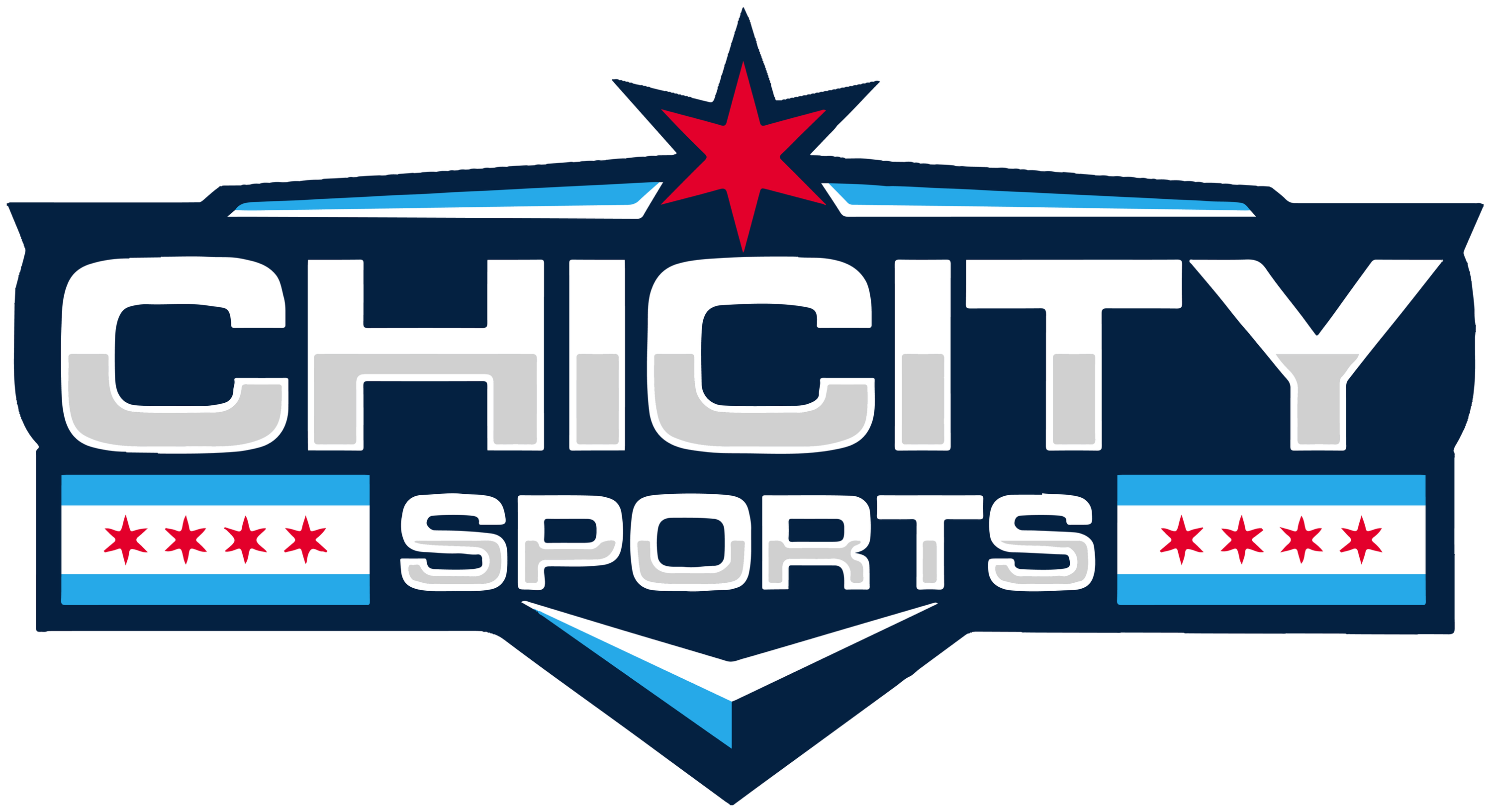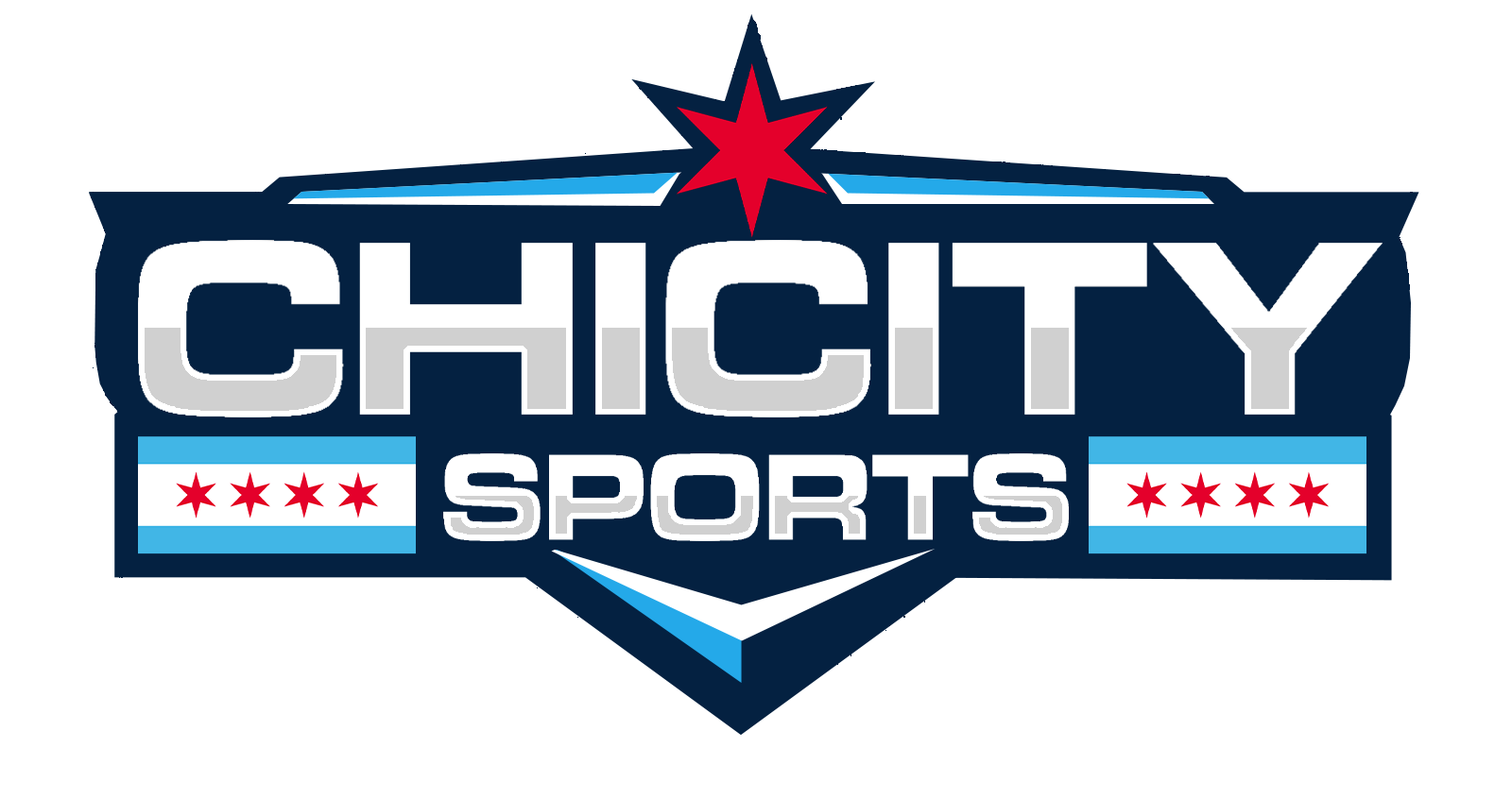In 2024, New Zealanders dropped over NZ$3 billion on gambling, with nearly 90% of that going to government-regulated operators. While fans in the U.S. can freely bet on NFL games with ease, placing bets through mobile apps and sportsbooks across the country, New Zealand still sticks to a highly controlled, old-school model that tightly regulates the industry. Despite the growing global trend of liberalising online gambling markets, New Zealand remains committed to its statutory monopoly, limiting options to a few state-approved operators.
As a result, while the system ensures social responsibility and helps fund public projects, some gamblers are seeking more flexible options, including accessing offshore gambling platforms for a wider variety of games and bonuses. Here is how the Kiwi system works, and why some gamblers are still going offshore for better features like free spins in New Zealand that aren’t available locally.
The Origins of the Statutory Monopoly
New Zealand’s gambling system isn’t new—it’s rooted in history. The TAB (Totalisator Agency Board) was launched in 1961 as the sole legal operator for betting on horse races. Before that, all betting—especially through private bookies—was banned to curb gambling harm.
Then came the Gambling Act of 2003, a game-changing piece of legislation that brought all gambling under strict government control. The idea was to protect public health and ensure profits from gambling went back into community projects, not private hands.
But digital gambling has created a new frontier. Offshore websites offer features the local market doesn’t—like welcome bonuses, live casinos, and of course, free spins in New Zealand. Since there are no laws stopping individuals from using these sites, Kiwis now spend an estimated NZ$140 million a year with international operators. These platforms aren’t taxed by New Zealand and aren’t subject to local regulation, creating a legal loophole that’s hard to ignore.
How New Zealand Controls Its Gambling Industry
Compared to the U.S., where the NFL betting market is wide open and mobile-friendly, New Zealand has built one of the most restrictive gambling systems in the world. Legal gambling providers are few and heavily regulated. If you’re not the TAB or Lotto NZ, you pretty much need a government stamp of approval to operate.
That said, there’s nothing stopping people in New Zealand from logging on to an offshore site. Those sites can’t advertise locally, but the accessibility is still there. The result? The government loses both oversight and tax dollars, and players lose out on built-in harm reduction tools offered by local systems.
Who Regulates Gambling in New Zealand

The Department of Internal Affairs (DIA) is the regulator keeping everything in check. From licensing to compliance checks, they oversee the legal gambling space and crack down on illegal activity. Their mission centers around responsible gambling and minimizing harm.
The TAB is New Zealand’s only legal option for sports and racing betting. In 2023, they partnered with global powerhouse Entain under a licensing agreement. While Entain now runs operations, TAB NZ is still under New Zealand law, which means it’s required to focus on community funding and harm prevention.
Lotto New Zealand, launched in 1987, handles the national lottery. Like the TAB, all profits go back to public causes, managed by the New Zealand Lottery Grants Board. Everything from youth sports to the arts has seen funding thanks to Lotto proceeds.
Support services are a key part of this system, too. The Problem Gambling Foundation, backed by the Ministry of Health, offers free counseling and education through more than 60 locations across the country.
What the Future Holds for New Zealand’s Gambling Scene
As other countries move toward open, taxed, and regulated markets, New Zealand’s one-provider model might feel more like a legacy system. And in today’s game, sometimes legacy just doesn’t cut it.
While the statutory monopoly has delivered stability, social safeguards, and a dependable stream of funding for public causes, it’s becoming increasingly out of sync with how modern gamblers interact with technology.
Players today expect seamless mobile access, competitive odds, diverse game selections, and dynamic bonuses—features readily available through offshore platforms. That puts pressure on New Zealand’s regulators to reconsider whether the current framework is doing enough to meet consumer demand while still upholding public safety goals.
Take the U.S. as a contrasting example: states like New Jersey, Illinois, and Pennsylvania have embraced fully regulated online gambling and sports betting, generating billions in tax revenue while enforcing robust responsible gambling measures. If New Zealand wants to keep players onshore and in safe environments, a reimagined approach may be necessary—one that allows competition, innovation, and flexibility, without compromising on social accountability.
Until then, the risk is that more players will continue to look offshore, not just for free spins in New Zealand, but for a gambling experience that feels current, mobile-first, and built for how people play today.
For More Great Chicago Sports Content
Get the latest Chicago sports news, analysis, and breaking stories on the Bears, Bulls, Blackhawks, Cubs, White Sox, Sky, and more! Tap the star to add us to your favorites on Google News, so you never miss a story on your favorite Chicago teams.
Follow us on Twitter at @chicitysports23 for more great content. We appreciate you taking time to read our articles. To interact more with our community and keep up to date on the latest in Chicago sports news, JOIN OUR FREE FACEBOOK GROUP by CLICKING HERE




